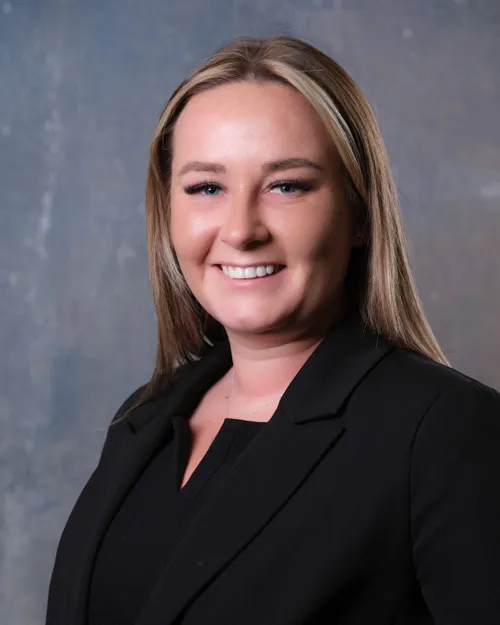At AFG LAW, we understand that for a lot of people it is not just how assets are dealt with on divorce that causes worry but also how debts are dealt with during divorce financial settlements. Debt can be an emotive topic especially if one spouse was not aware that the other had incurred debt or the actual amount of debt.
Debt is something the Family Court can take into account as part of financial order proceedings. It is something that is discussed from the start of financial negotiations and is included as a question within the mutual, financial disclosure regardless of whether you opt for negotiation, mediation or court proceeding to try and reach a financial settlement.
It is always best to start by trying to agree who is responsible for what debt or part of the debt. It can be an area that is difficult to discuss, especially if you do not feel you should be responsible for any part of the debts incurred by your spouse. If debt was incurred for something that both spouses benefitted from, such as a holiday or home improvements, the court is likely to class this as joint debt for which both spouses are responsible regardless of whether the debt is in one name or both.
Generally speaking the court will expect debts to be paid out of any assets; the court can also award one party more of the assets to compensate for loss. The court has limited powers to deal with debt; it cannot order a party to pay a debt and it can’t transfer a debt from one party to the other. It can however declare who is responsible for a debt and order additional capital to that party if it was matrimonial in nature.
It is important that you deal with debt as it can affect your credit score, even if the debt is not in your name. If you have ever had a joint mortgage, a joint account with an overdraft, joint loan or put both names on a utility bill then you will have a credit file linked to your spouse. Joint mortgages, joint accounts with an overdraft and joint loans create a liability that is both “joint and several”. This means that you are each responsible for the debt individually as well as jointly, if one person doesn’t make the repayment the other must and the bank, building society or loan company can come after both of you or one of you to repay the debt.
We cannot provide advice on financial arrangements or debts but we can signpost to appropriate services during initial discussions with our experienced divorce solicitors.





































